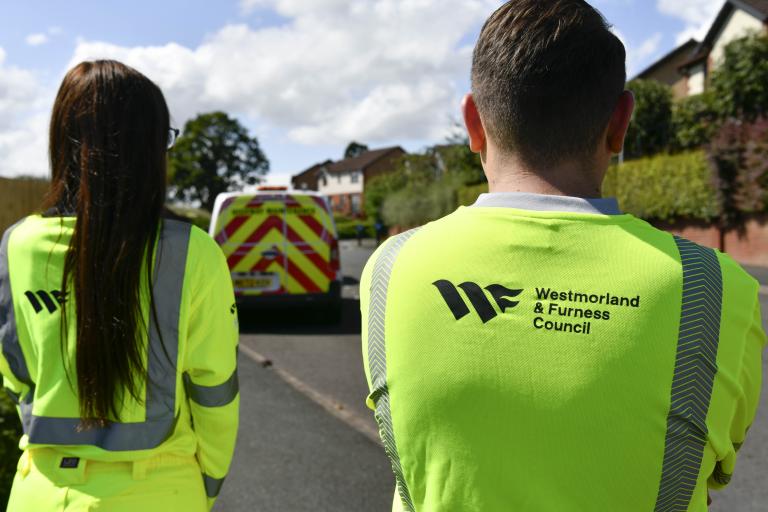Apprenticeship Opportunities
“The best part of my apprenticeship is the diverse range of opportunities it has provided, which has significantly helped my growth and development.”
Max, Apprentice Project Manager
Together we are Ambitious

Adult Health and Social Care (Level 2 & 3)
Do you have a keen interest in Health and Social Care? To work in care is to make a positive difference to someone’s life when they’re faced with physical, practical, social, emotional or intellectual challenges. Adult Support Care Workers need to have the right values and behaviours, developing competences and skills to provide high quality compassionate care and support. They’re the frontline staff who help adults with care and support needs to achieve their personal goals and live as independently and safely as possible, enabling them to have control and choice in their lives which is at the heart of person-centred care. There are various roles within Care Services in a variety of settings, including residential homes, day centres and domiciliary care services.
Highways Maintenance Skilled Operative (Level 2)
As a Highways Maintenance Skilled Operative apprentice, you will effectively assist with a range of duties connected with road maintenance, including:
- Working on the public highway, repairing road/ footway surfaces, laying drainage, placing street iron works, kerbs, pavements, installing vehicle safety fencing on highways, excavating and repairing.
- Following instructions, planning and organising daily work, reading drawings, keeping records and following administrative procedures.
- Communicating and maintaining the good reputation of the council with customers and members of the public.
- Contributing to the maintenance of health, safety and welfare of yourself, other employees and members of the public.
Civil Engineering Technician (Level 3)
You’ll assist with a range of duties connected with the various Highways Service areas including Asset Management, Bridges and Structures, Traffic Management, Network Management, Streetworks and Operational Delivery. Examples of the type of duties you may be required to perform are:
- Technical surveys, asset data collection and inventory, site inspections, records and reports.
- Analysis and application of survey results.
- Accident investigations and road safety audits.
- Applications of standard computer packages including AutoCad and GIS.
- Correspondence/ minutes/ reports/ demonstrating application of expertise.
- Deal with enquiries and communicate professionally with customers and members of the public.
Business Administrator (Level 3)
This is a great apprenticeship where you’ll develop lots of transferable skills to start your career. Whilst the day-to-day tasks will be determined by the specific team that you are assigned to, examples of general duties could include the following:
- Arranging and booking meetings, meeting rooms, pool and hire cars.
- Monitoring and placing orders for office materials and travel.
- Answering the phone and taking messages, from council staff and the public.
- Document production – typing and recording reports, minutes of meetings, letters and forms.
- Managing information and data.
- Maintaining the security and confidentiality of records and documents.
- Maintaining electronic information systems.
Associate Project Manager (Level 4)
Every project needs to be managed to ensure its success. An Associate Project Manager knows what needs to be achieved, how it will be achieved, how long it will take and how much it will cost, and works with the project team to achieve the required outcomes. They need good planning, organisation, leadership, management and communication skills.
Some of the topics you’ll learn about will include:
- Project management principles – including business cases, objectives, delivery, lessons learnt, project plans, reviews, scope and scheduling.
- Governance and stakeholder management – including organisational structures and responsibilities, and stakeholder perspectives, interests and influence.
- Leadership and communications – including vision and values, collaboration, motivation, team management, conflict resolution and negotiating skills.
- Financial management – including benefits management, budgets, cost control and performance tracking and management.



